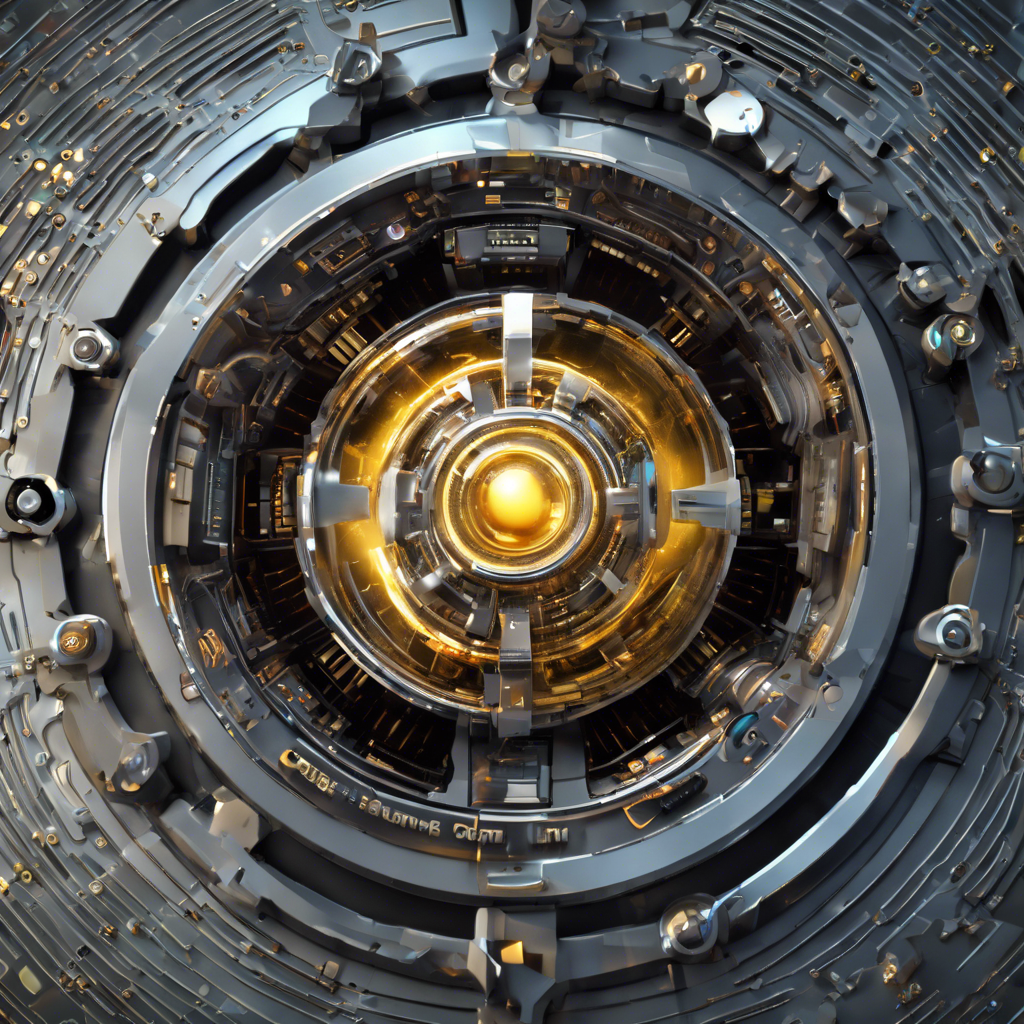"Unlocking the Potential: How Quantum Computers Will Revolutionize Technology"
- Alaxo Joy
- Jul 4, 2024
- 3 min read
Imagine a world where processing data at lightning speed and solving complex problems is not just a dream but a reality. This world is not as distant as it may seem, thanks to the revolutionary technology of quantum computers . In this editorial, we will delve into how quantum computers are set to transform daily life and the boundless potential they hold for the future.
Unveiling the Power of Quantum Computers
At the heart of quantum computers lie the qubits , the building blocks that harness the principles of quantum mechanics to perform computations at an unprecedented pace. Unlike classical computers, which use bits to represent either a 0 or 1, qubits can exist in a state of 0, 1, or both simultaneously. This unique characteristic allows quantum computers to tackle problems that were once deemed unsolvable due to their sheer complexity.

Reshaping Daily Life
The integration of quantum computers into our daily lives is poised to bring about a seismic shift across various sectors. From enhancing cybersecurity by creating virtually unhackable communication networks to revolutionizing drug discovery by modeling molecular interactions with unparalleled accuracy, the applications of quantum computing are limitless. Imagine a world where personalized medicine is tailored to an individual's genetic makeup in a fraction of the time it takes today, all thanks to the computational prowess of quantum computers.
Unlocking the Quantum Advantage
One of the defining features of quantum computers is their ability to tap into the power of probability . Traditional computers rely on performing sequential operations, while quantum computers leverage the principles of probability to explore multiple solutions simultaneously. This inherent parallelism allows quantum computers to excel in tasks involving optimization, cryptography, and simulation, paving the way for groundbreaking advancements in fields ranging from finance to materials science.

Embracing the Mathematics of the Future
Central to the functioning of quantum computers is a deep understanding of mathematics . Quantum algorithms harness the principles of linear algebra and probability theory to manipulate qubits and perform calculations that would be unfeasible for classical computers. As we venture into this new era of computation, the integration of mathematical concepts will be crucial in unlocking the full potential of quantum technology.
Bridging the Gap Between Atoms and Algorithms
At the core of quantum computing lies the intricate dance between atoms and algorithms. Quantum bits are encoded in physical systems such as superconducting circuits or trapped ions, where the laws of quantum mechanics govern their behavior. By harnessing these quantum properties, researchers and engineers are pushing the boundaries of what is achievable in computing, propelling us towards a future where the impossible becomes routine.
The Quantum Leap in Physics
The field of physics is experiencing a renaissance fueled by the advent of quantum computers. Quantum simulators are poised to revolutionize our understanding of complex physical systems, offering insights into phenomena that have remained elusive to classical methods. From exploring the behavior of novel materials to simulating quantum field theories, the marriage of quantum computing and physics holds the promise of unlocking the deepest mysteries of the universe.
In conclusion, quantum computers are not just a technological advancement; they represent a paradigm shift that will redefine the fabric of our society. As we stand on the cusp of this quantum revolution, the possibilities are boundless, and the only limit is our imagination. So, let us embrace this transformative technology with open arms and venture into a future where the unimaginable becomes the norm.
Let's embark on this quantum journey together and witness the dawn of a new era in computing and beyond. Get ready to experience the quantum leap that will shape our world and generations to come!
Stay tuned for more exciting updates in the world of quantum computing!
SEO Keywords: quantum computer, qubits, probability, maths, atom, physics







🙄
yes